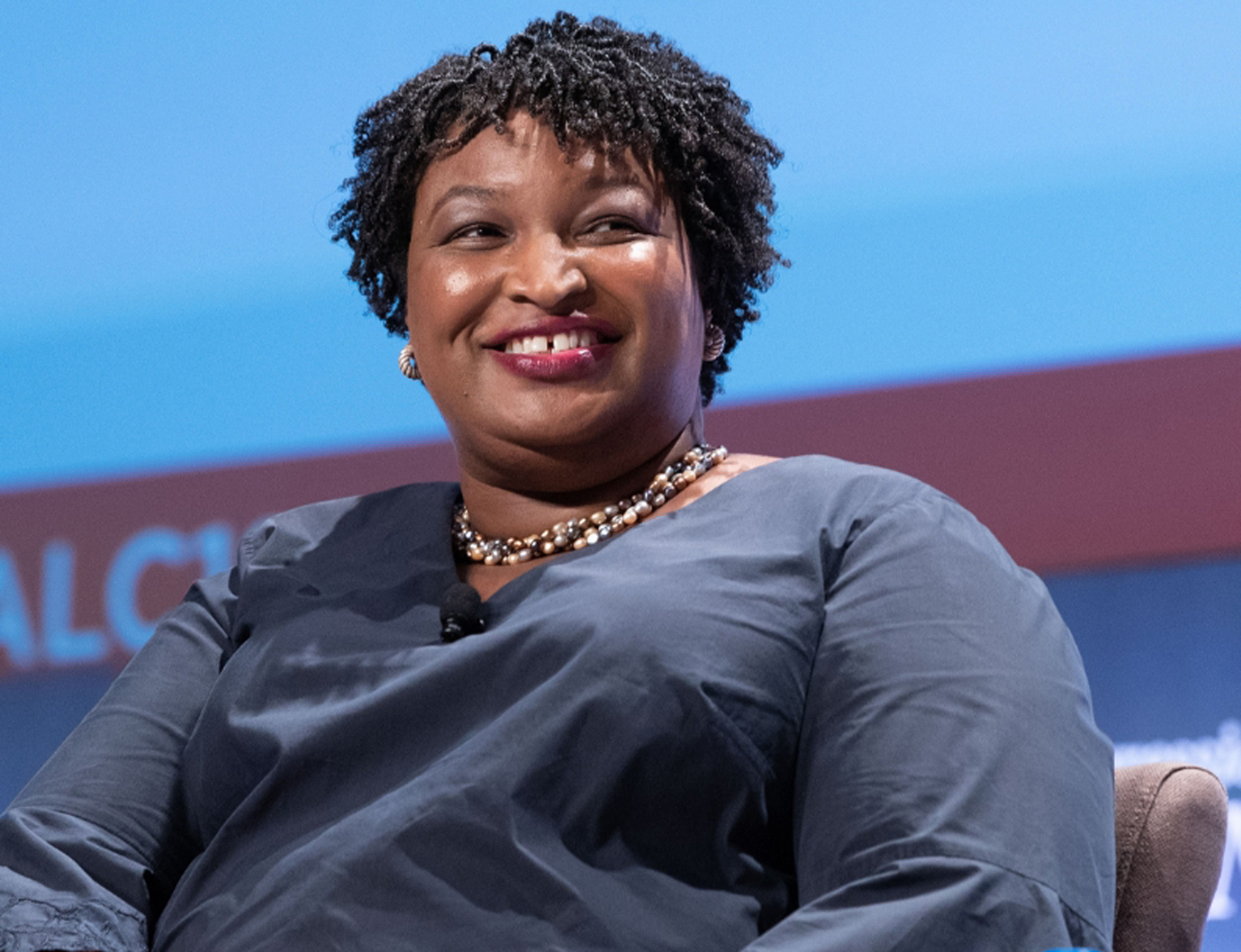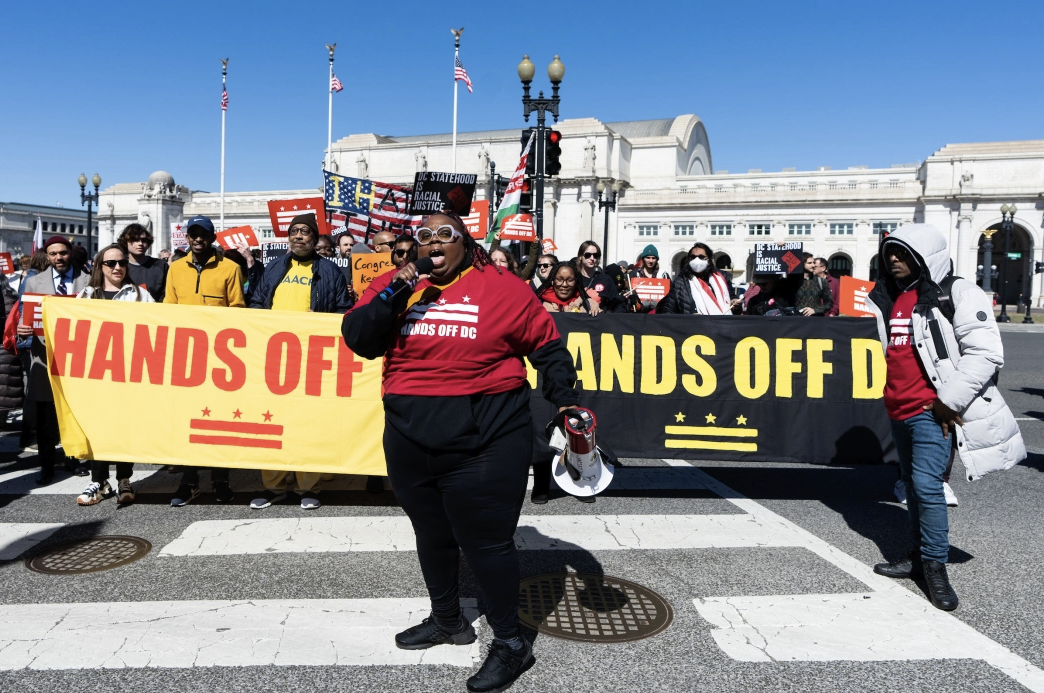

HIT 
Case Studies
-

Power to the Polls: Mobilizing Black Voters in 2020 with NGP and Power Messaging
In the 2018 gubernatorial race, Stacey Abrams came within 55,000 votes of flipping Georgia blue and making history as America's first Black female governor. Her near-victory was powered by a 16% increase in Black turnout over 2014. -

Fighting Political Headwinds: Bringing District Voters into the Conversation around the Revised Criminal Code Act
In April 2022, HIT conducted a poll of 500 registered District voters to answer these questions. The poll was used as a proof point to mobilize support for the RCCA in the City Council and to fight Congressional opposition to the legislation.
